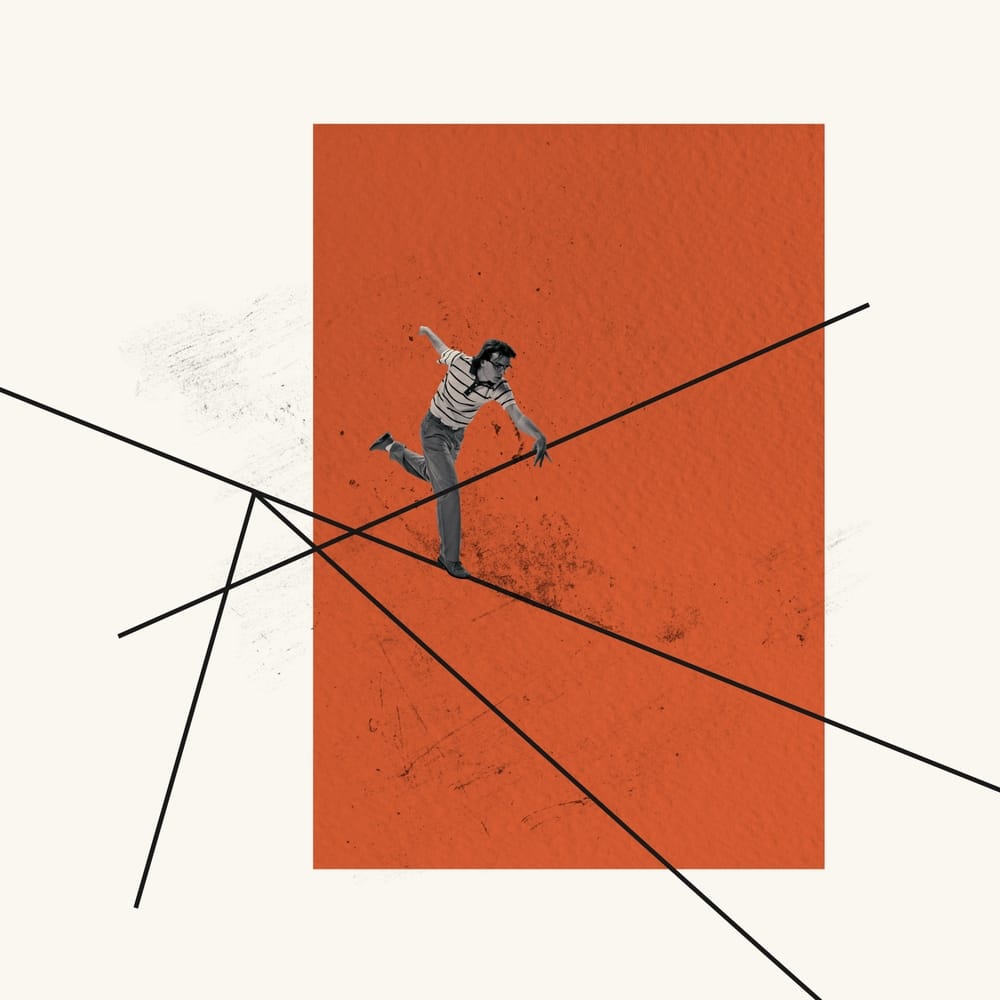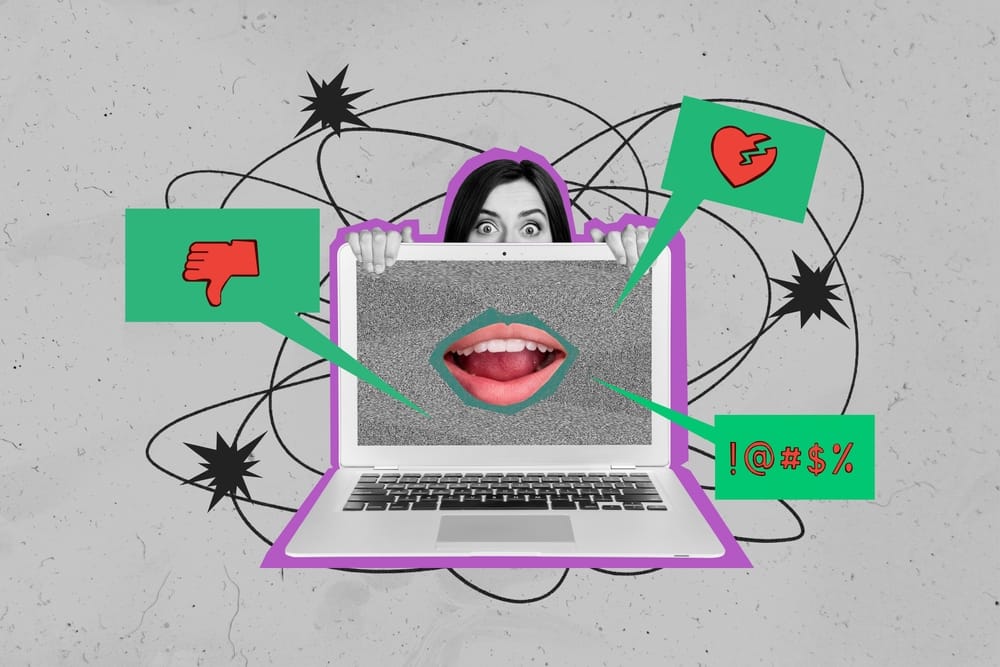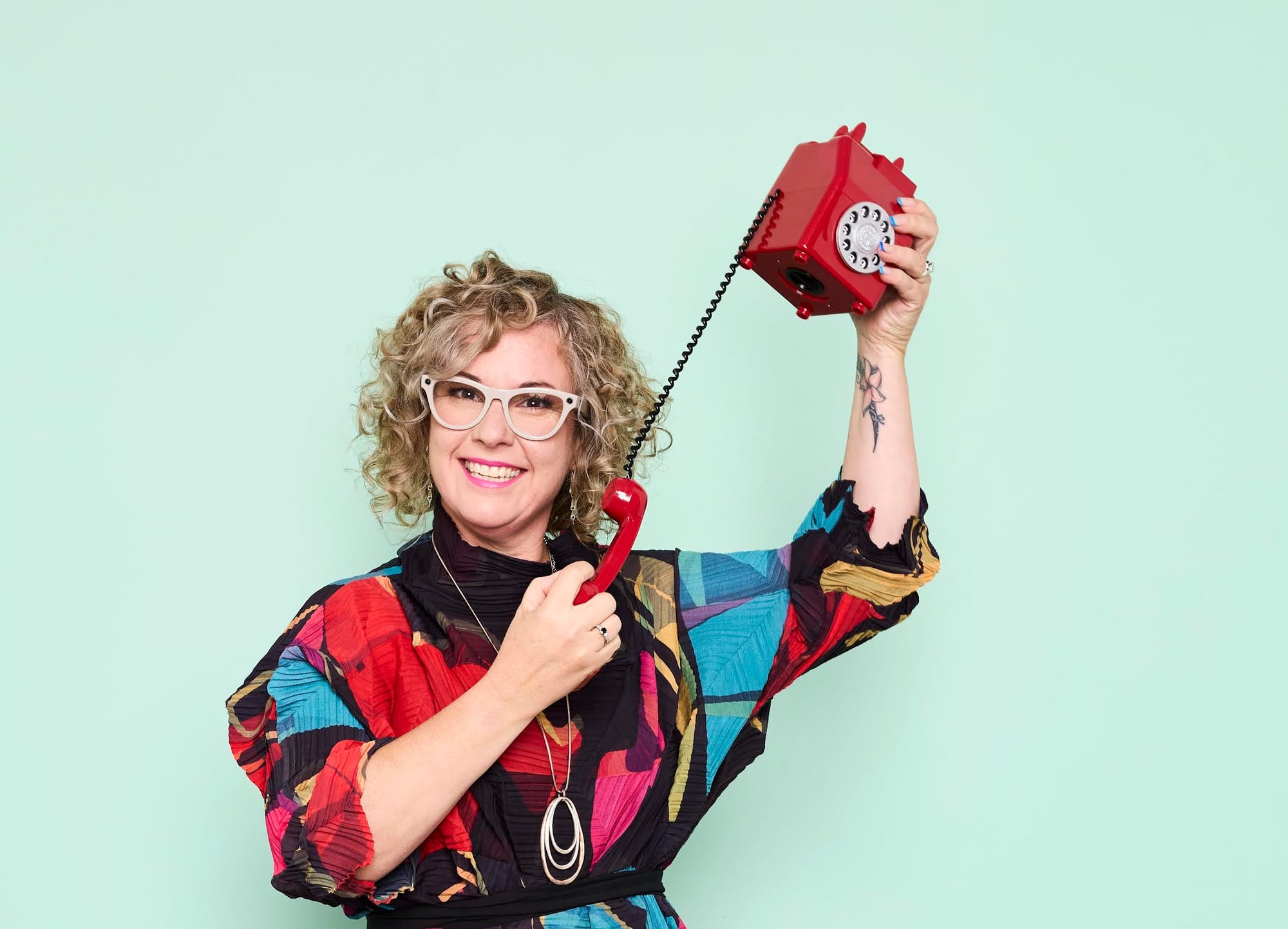
Ups and downs
I’ve had the privilege of leading Whānau Āwhina Plunket for the past two and a half years. It’s a role I love, not just because of the people I work with, but because of the purpose that sits at the heart of our organisation. For 118 years, Whānau Āwhina Plunket has walked alongside parents, caregivers, and whānau across Aotearoa. Established in 1907, we are the largest provider of Well Child services in the country. Our reach is significant. We see nearly three-quarters of all new babies across Aotearoa New Zealand, including just under 60% of new Maori pēpi born. Our services include growth and development checks, supporting parents and caregivers with their journey, and helping them navigate those early years. We also deliver before-school checks in about 60% of the country, and we provide vital community services that help reduce social isolation and connect whānau with others in their area.
One of our flagship services is PlunketLine, which celebrated its 30th anniversary last year. It’s a 24/7 telephone support service, staffed entirely by registered nurses. No matter what time of the day or night, whānau can call for advice, reassurance, or simply to be heard. It’s something I’m incredibly proud of.
But there’s another part of our work that I want to talk about—something that’s becoming more pressing by the day. That’s maternal mental health, and in particular, postnatal depression.
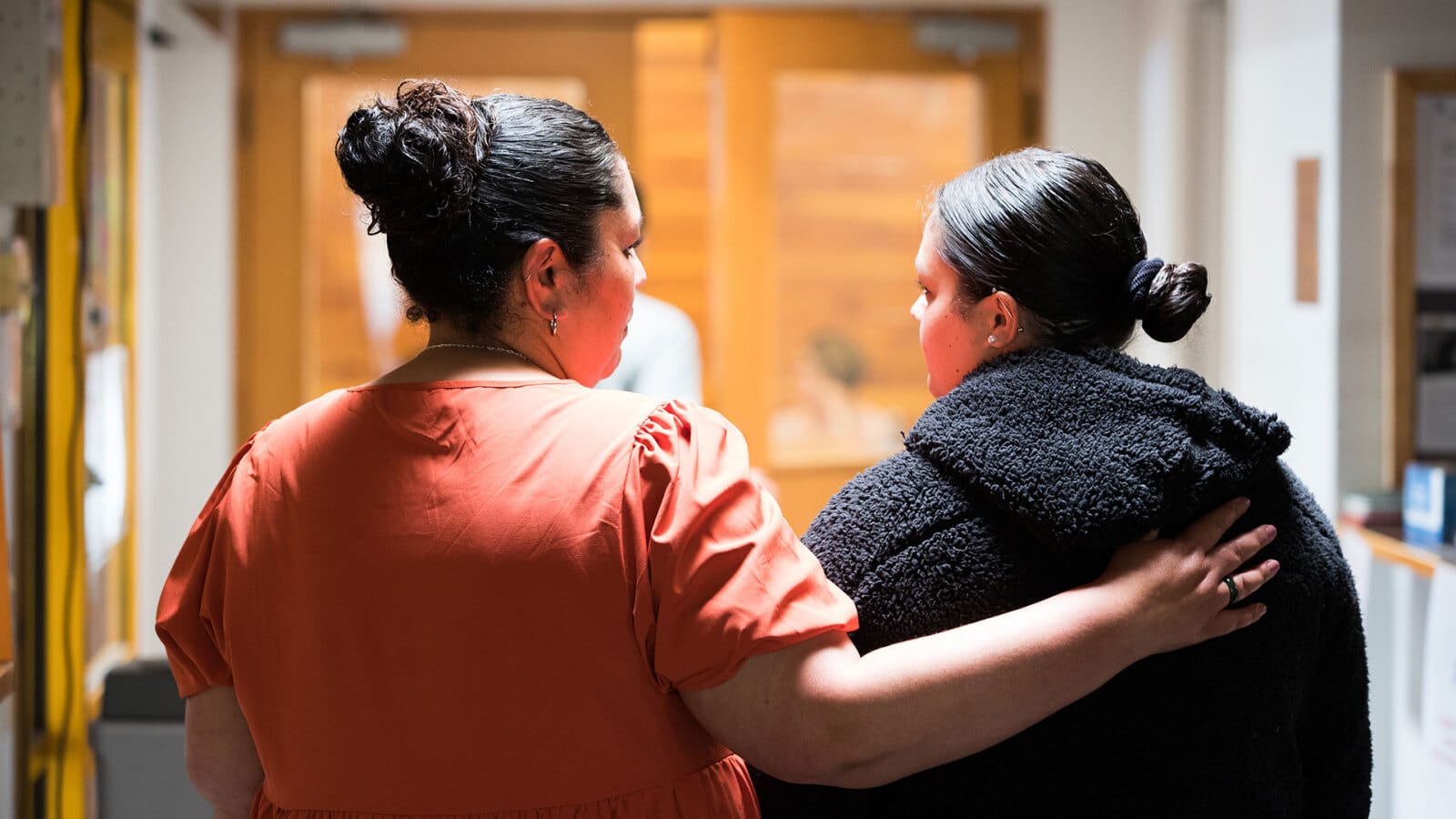
Mental health is high on our list
Mental health is a conversation we have with every māmā during our visits. Our nurses, our kaiāwhina, and our community karitāne all use a patient health questionnaire to check in on how māmā are really doing. And the numbers we are seeing are deeply concerning.
Becoming a parent is a time of huge joy, but it’s also a time of great uncertainty. For those with pre-existing mental health conditions, the stress and anxiety of new parenthood can make things even harder. And even for those without a history of mental health challenges, we see around 10–12% of māmā showing early signs of depression and anxiety in those critical first four to six weeks after baby arrives.
The demand is growing. Through PlunketLine alone, we receive around 265 mental health-related calls every month—and that number has stayed steady since COVID-19. It hasn’t gone down. It’s not just māmā either. We’re seeing more and more pāpā coming forward with their own mental health concerns when a new baby arrives.
We’re proud of the work we do to support whānau in these moments. Our teams work hard to identify those who need help, and we have strong relationships with other providers we can refer people to. But there is a gap—a significant one. Unless someone’s mental health challenges are severe enough to meet high clinical thresholds, it can be incredibly hard to access the support they need.
Perinatal Adjustment Programme—PPNAP
That’s where our Perinatal Adjustment Programme—PNAP—comes in. It’s something we’re incredibly proud of. This maternal mental health service has been running for 26 years in Canterbury, South Canterbury, and Dunedin. It supports parents experiencing mild to moderate perinatal depression—before things become critical. PNAP provides in-home visits, telephone support, and group programmes. People can be referred by their GP, midwife, or one of our nurses—or they can self-refer. It’s accessible, it’s community-based, and it works.
Mental health -we need to fund earlier intervention
But here’s the problem: funding only allows us to offer this service in those three regions. We would love to provide PNAP nationwide, but like so many services, we’re held back by limited funding. We’ve been advocating to Te Whatu Ora and the Minister of Health to invest in this space. We know that early intervention makes a difference. We know that if we can get in early—before people reach crisis point—we can help turn things around.
Upward trend for low moments
What we are seeing in the South Island programme is a growing trend. More people are coming forward.
The reality is, not everyone feels comfortable disclosing their mental health challenges. That’s why building trust and strong relationships with whānau is so important. When people feel safe, they open up. And when they open up, we can help.
Our work is about getting alongside whānau—whether it’s providing resources for self-help, connecting them with social groups to reduce isolation, or supporting them through programmes like Circle of Security to build strong, secure attachments with their babies. It’s different for every whānau, but the goal is the same: to help parents feel confident and connected.
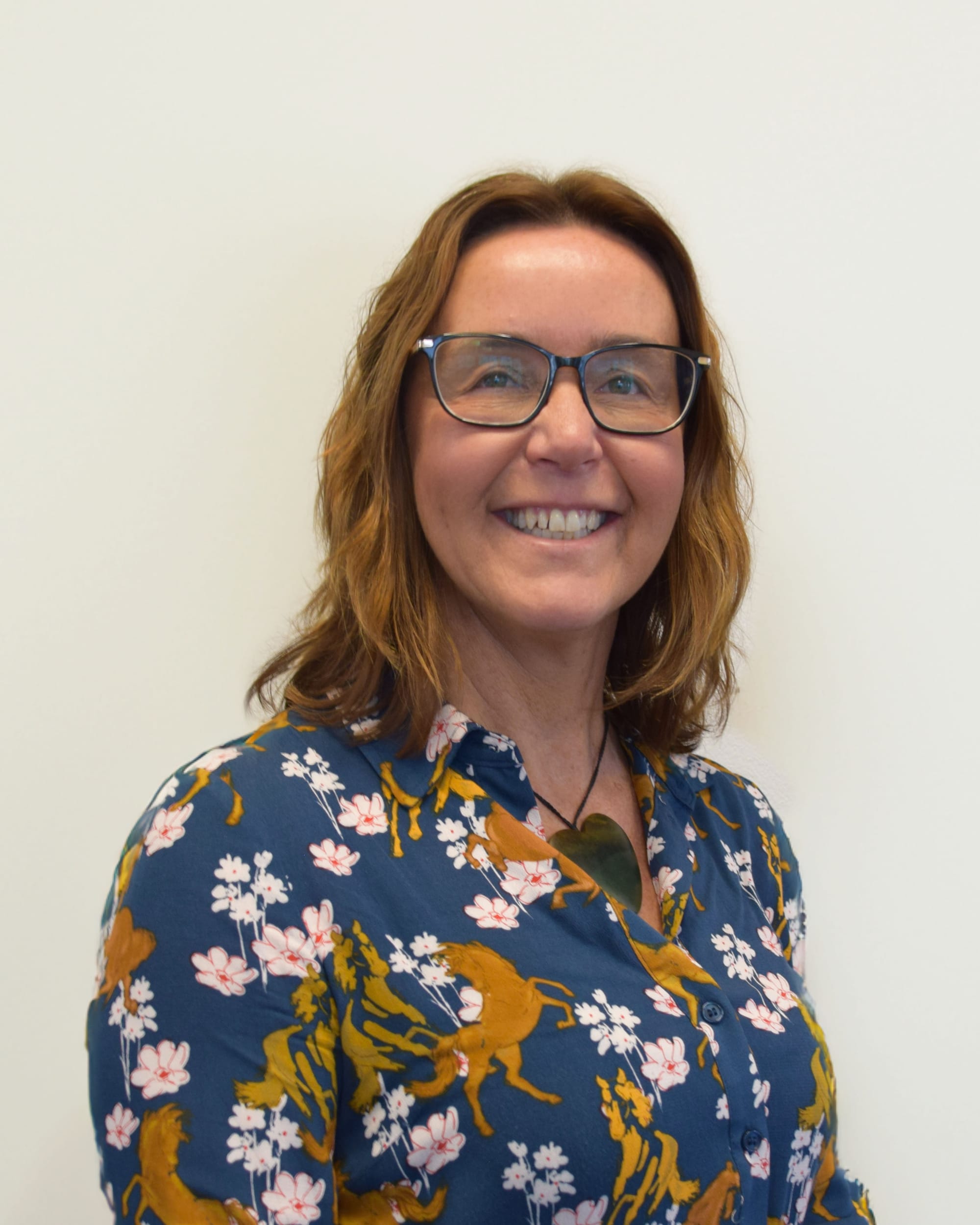
My wish list
If I had a wishlist, it would start with more funding for early intervention.
Yes, we absolutely need more resourcing for acute services too—there are whānau waiting months for specialist mental health support. But we also need to act sooner, before people reach breaking point. Those first 12 to 18 months are critical—not just for māmā and pāpā, but for baby’s development and future wellbeing. If we could provide our mental health services in every community we serve, I truly believe we could make a huge difference.
